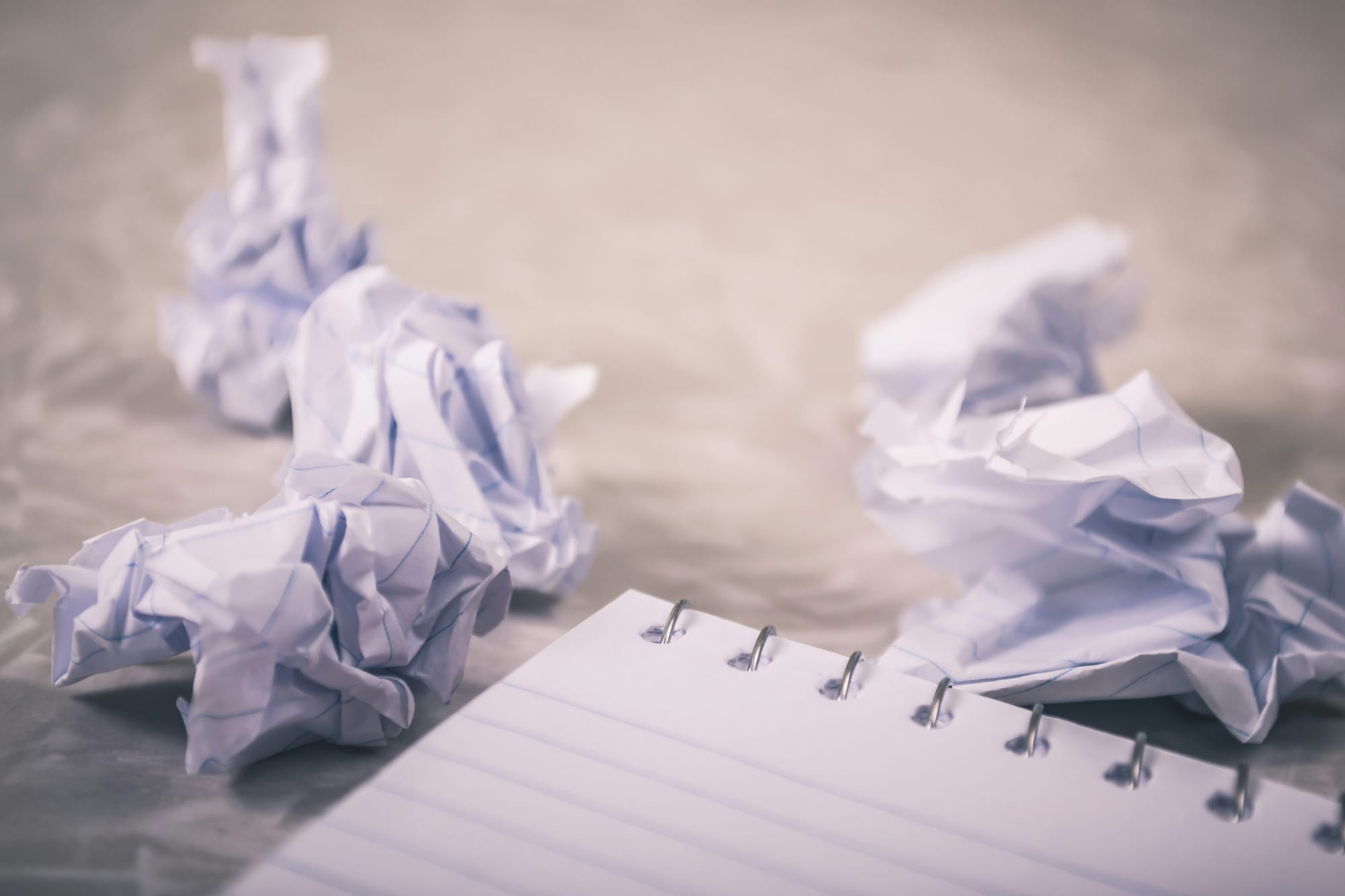5 Actually Unique Ways to Overcome Writer's Block

It’s a term that almost feels sacrilege to say, but like it or not, no writer is unfamiliar with the dreaded curse of writer’s block. Whether you plan your whole day around writing only to get to the drawing board and have nothing come up, are stuck at an impasse in your latest book, or are struggling to get that paper done, writer’s block is inevitable sometimes – but one that can be overcome when you have the right strategies in place.
It’s easy to advise people to “take a break” or “sleep on it” to get through writer’s block; these are likely suggestions you’ve heard before. So, what are some actually unique ways to overcome writer’s block and achieve your writing objectives?
Write Away – Even if it’s Hard
When you’re facing writer’s block, the last thing you might feel like doing is writing anyway – but oftentimes, this is the key to success. You might not love what you write and trash it later, but this is one of the surefire ways to get your creative juices flowing and get something onto the page.
But this begs the question: what do you write when you feel like nothing is coming to you? Some ideas to figure this out include:
- Journal about your day. It might not be related to your creative writing goals, but it’s writing nonetheless.
- Write a letter to someone, even if you never send it. Inner dialogue with someone who matters to you can be a great way to figure out what’s causing the block.
- Look up a list of writing prompts, and go from there – even if it’s not your favorite niche.
Ask Someone to Tell You a Story
Our best ideas don’t always come from within. Outside inspiration is just as important for informing our writing as the inspiration we get from ourselves and our individual experiences. Your loved ones aren’t just sources of support – they are harborers of rich, beautiful stories waiting to be told.
With their permission, ask a loved one to tell you a story from their life, something that really speaks to them. Pay attention to the passionate way they tell their tale and write down as much as possible. Whether you use this as a starting point for your own work or adapt their story beat by beat, this is an excellent way to eliminate the creative block plaguing you right now.
Believe in the Power of Nature
We are more connected to nature than you might think. Studies have found that nature can play a crucial role in creativity, especially in the Preparation and Incubation phases of the creative process.
Whether you live in a big city (trust me, I miss the trees too) and find inspiration sitting by the lake or ocean or within the midst of the tall buildings, or live in a rural area and can bask in the beauty of the forest (shout out to forest bathing), connecting with nature is one of the best ways to reach your creative potential.
Listen to Your Dreams
Stephanie Meyer famously got the idea for Twilight from a dream – and love it or hate it, there’s no denying the power of dreams to inform our reality. Dreams are an excellent source of creative inspiration, whether they are clear-cut and follow a solid structure or relatively nonsensical but still vivid.
If you’re going through writer’s block, your dreams can become one of your best sources of creativity and the final push you need to get through this period. Keep a dream journal by your bed and write down ideas as they come to you, even if your notes seem haphazard in the morning.
Build something from these dreams; it doesn’t have to be perfect, but it can be the start of something greater than you ever imagined with patience and time to dissect what everything means.
Read, Read, Read
Our writing is largely informed by the work of other artists like ourselves, and if you neglect to read on a regular basis, you might not get far in your own creative endeavors. This isn’t to say that you should copy what you read from other authors, but reading is often an incredible source of inspiration and helps expand our imagination beyond what we might think is possible.
Whether it’s a book of poems, a captivating novel, or the script for your favorite film, reading is key to honing our artwork. So, next time you’re feeling a block, take time to pick up a book and read for a while – it might unlock everything you need for your personal success.
The Bottom Line
At the end of the day, writer’s block is something we all experience from time to time, but it doesn’t have to be the end of the world. Remember that you have the power and talent within you to get through this period and reignite your creative spark, and that you are not alone in this feeling.
And, if you’re interested in learning more, from one writer to another, I recommend checking out my other pieces on topics across the spectrum.